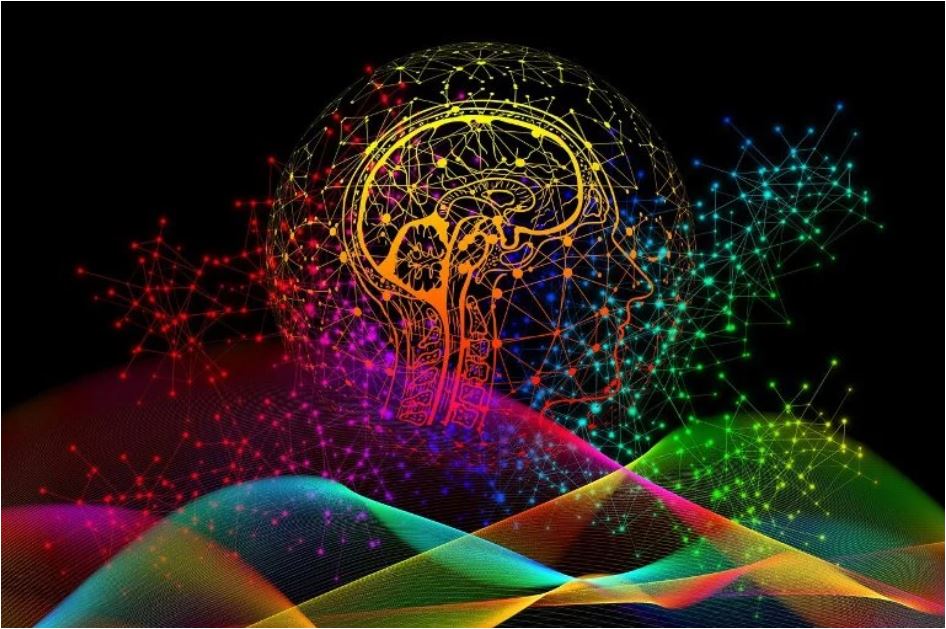About ADD/ADHD
If one or both have ADHD, is there a reason to not have children? (No!)
The decision to have children is a personal one that should be based on a variety of factors. For people with ADHD, there are several considerations that should be taken into account before making this decision.
The Importance of Solitude: Exploring Why Some with ADHD Need Time Alone
Individuals with ADHD who prefer solitude are often misunderstood, as they are frequently perceived as being antisocial or unfriendly. However, solitude can provide a unique opportunity for individuals with ADHD to recharge their batteries, process information, and manage their symptoms.
Parent training to improve health behaviors in children with ADHD
While the adverse impact of ADHD on children’s academic, behavioral, and social functioning is widely known, there is less awareness that ADHD is also associated with suboptimal health behaviors such as reduced physical activity, sleep difficulties, and elevated screen time.
Attention-Deficit/Hyperactivity Disorder
Attention-deficit/hyperactivity disorder (ADHD) is marked by an ongoing pattern of inattention and/or hyperactivity-impulsivity that interferes with functioning or development.
Navigating ADHD: When is it Time to Consider Medication?
We’ll explore when medication is recommended, the benefits and drawbacks of medication, alternatives to medication, potential side effects, how to find the right medication and dosage, and how to make the decision to try or reject medication.
Dealing With Self-Doubt
Self-doubt is something that everyone experiences at some point in their lives, but it can be especially difficult to deal with when it becomes a constant presence.
How to Deal With Being Conflict Averse When You Have ADHD.
For many individuals with ADHD, conflict will be a trigger for anxiety, stress, and avoidance. However, avoiding conflict can have negative consequences, including strained relationships, missed opportunities, and increased stress levels.
The Impact of Micronutrient Supplementation on ADHD in Children.
Children with ADHD are more likely than peers to be deficient in levels of certain minerals and fatty acids.
Navigating ADHD Together: A Guide to Supporting Your Partner When You Both Have ADHD.
Living with ADHD can be challenging, especially when you have a partner who’s also dealing with the same condition. . In fact, with the right tools and strategies, you can navigate ADHD together and build a stronger bond as a result.










